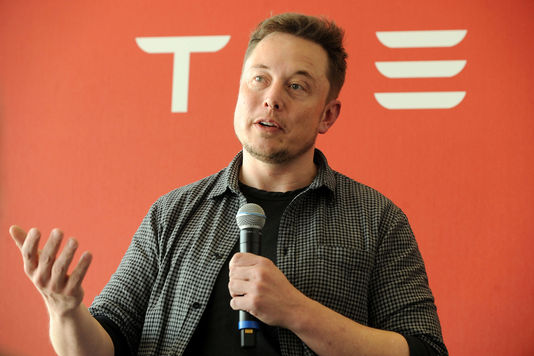
Companies. In the beginning of the school year, here’s a little exercise that teachers of economics might give to their students : let us assume two companies A and B. In 2017, the company sells 10 million vehicles a year, company B, 100,000, or one hundred times less. In the same year, achieved a turnover of 190 billion euros, B does not realize that 8.5 billion, twenty-two times less. Finally, shows a net profit of $ 7 billion, B announces a loss of $ 2 billion. Question : what will be the difference of valuation between company B and company A ?
The good sense is likely to be put to the test by the answer : Tesla (company B) reached a market capitalization of 50 billion euros and Renault – Nissan – Mitsubishi (the company), the first automaker in the world, 100 billion, which is only two times more.
The exercise can usefully open up a discussion on the rationality of the markets. Investors think that Tesla has a technological lead are crucial to its competitors, which would allow to consider that its massive losses will be offset by benefits mirific ? Nothing is less sure. Renault-Nissan is a pioneer on the market of the electric motor and announces an investment of one billion euros in France in this field, when the difficulty of cash Tesla forced him to reduce his.
“Disruption ”
Tesla would be better managed than the global giant ? Its difficult to deliver the vehicles expected, especially with the automation of excessive production lines, forced her to reorganizations multiple, while Renault and Nissan announced 6 billion euros of annual synergies.
Renault-Nissan has developed its global strategy on pragmatism and long-term
It is thus necessary to look for a possible rationality of the markets, not in goals but in…







